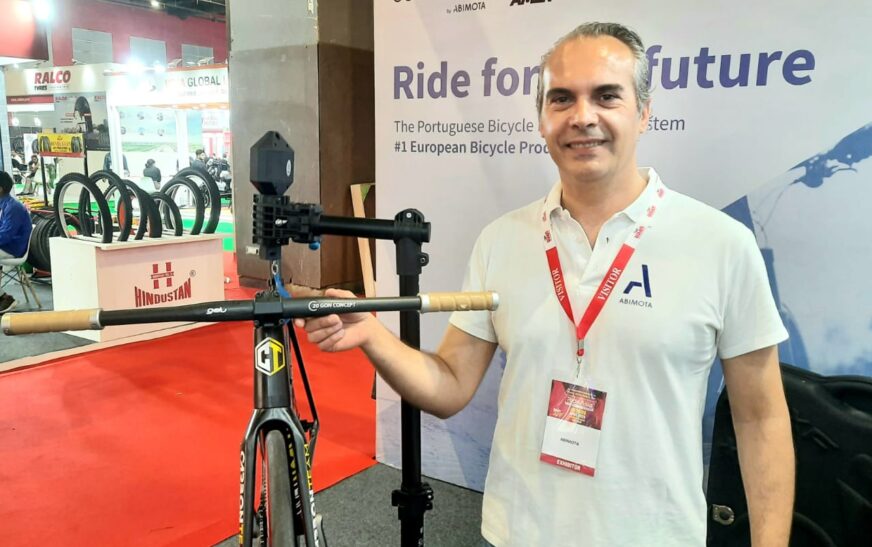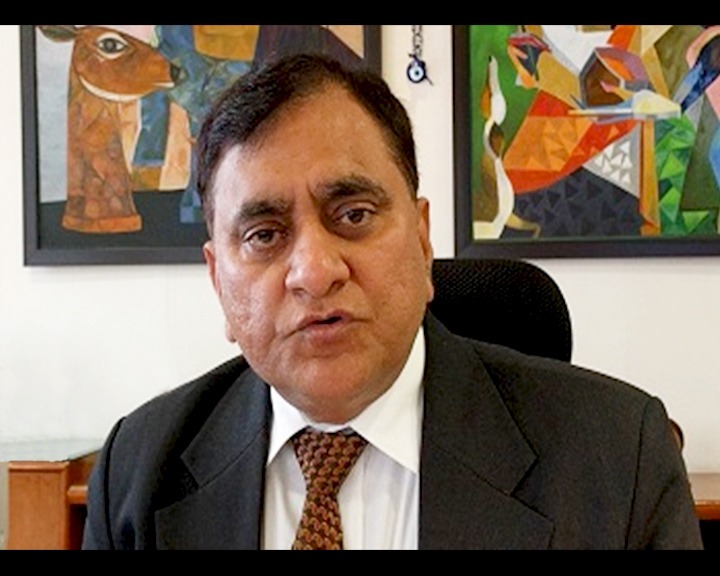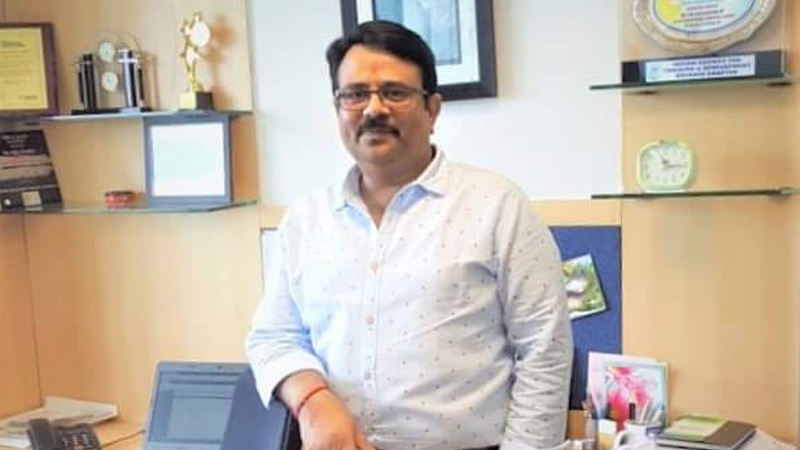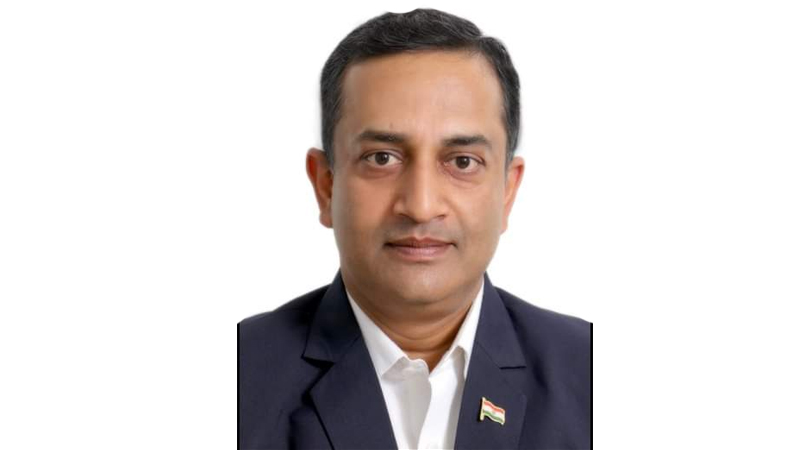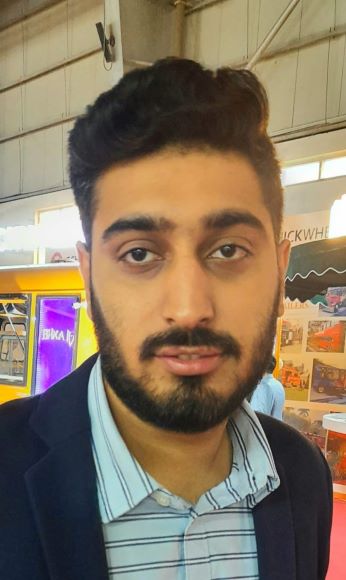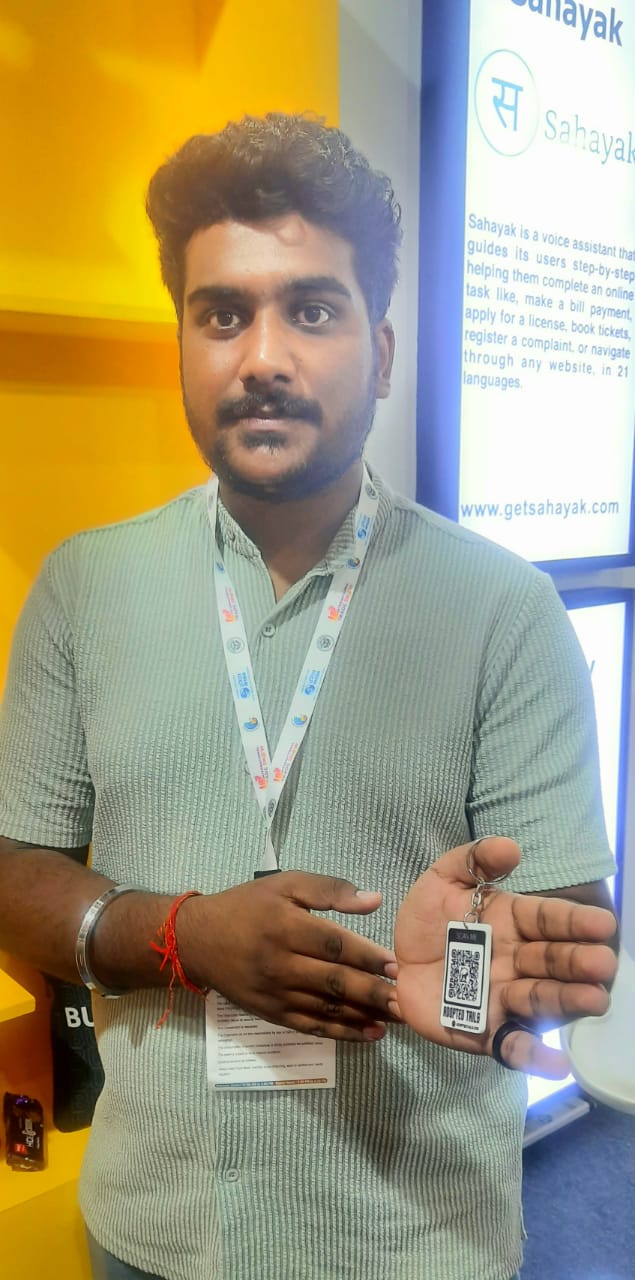ABIMOTA, the National Association of Two-Wheel, Hardware, Furniture, and Related Industries, stands as a pillar of Portugal’s industrial strength. Headquartered in Águeda, the organization plays a pivotal role in empowering sectors such as bicycles, metal furnishings, and hardware through an expansive suite of specialized services. It delivers everything from technical consultancy and legal advisory to environmental compliance and professional training—arming industries with the tools to innovate and scale.
Critically, ABIMOTA operates accredited laboratories that rigorously test products, ensuring they meet—and often exceed—global standards for quality and safety. This unwavering commitment to excellence forms the backbone of its industry leadership.
A flagship initiative, Portugal Bike Value, exemplifies ABIMOTA’s forward-thinking vision. Designed to position Portugal as a world-class hub for bicycle manufacturing and innovation, the program took the global stage at Eurobike 2024 in Frankfurt. There, ABIMOTA led a high-impact national delegation, spotlighting Portugal’s emergence as a key player in the sustainable mobility revolution.
Yet, ABIMOTA’s influence reaches well beyond manufacturing. Since 1977, it has proudly hosted the Grande Prémio Abimota cycling race—a prestigious event that fuses sport, innovation, and national identity into a celebration of Portuguese excellence.
In an exclusive conversation with The Interview World at RideAsia, Sérgio Gonçalves, Head of Business Development at ABIMOTA, shared valuable insights into the association’s global outreach. He outlined how ABIMOTA is actively promoting Portuguese bicycles in India and presented a compelling case for Portugal as a strategic partner in high-end bicycle manufacturing. He delved into the cutting-edge materials making bicycles lighter and stronger, and emphasized the company’s efforts to strike a balance between uncompromising quality and competitive pricing for Indian consumers. Finally, he highlighted key design features tailored to resonate with the Indian market.
Here are the most compelling takeaways from his insightful conversation.
Q: In an era increasingly driven by automation and smart mobility, could you elaborate on ABIMOTA’s role in promoting bicycles, and how this aligns with evolving transportation trends?
A: Portugal commands a leading position in Europe’s bicycle industry. As the continent’s largest producer, we manufacture approximately 3 million bicycles annually—covering the entire value chain from components to final assembly.
At present, we are driving forward an ambitious €200 million investment initiative. This major project spans the development of state-of-the-art facilities, the expansion of services, and the introduction of advanced products made from innovative materials, ranging from aluminium to carbon fibre. Notably, Portugal is home to the first factory in Europe dedicated to producing carbon frames.
Today, around 60% of our output comprises electric bicycles—a sector experiencing rapid growth. This includes cargo bikes, which are transforming the way businesses operate across Europe by enabling sustainable, last-mile logistics. The shift toward using bicycles for business is not only practical but also highly promising for the future of green mobility.
With this momentum, we are now in India to promote our capabilities and explore collaborative opportunities. Our goal is to foster strong industrial partnerships between Portugal and India—uniting expertise, technology, and market potential to drive innovation in the global bicycle ecosystem.
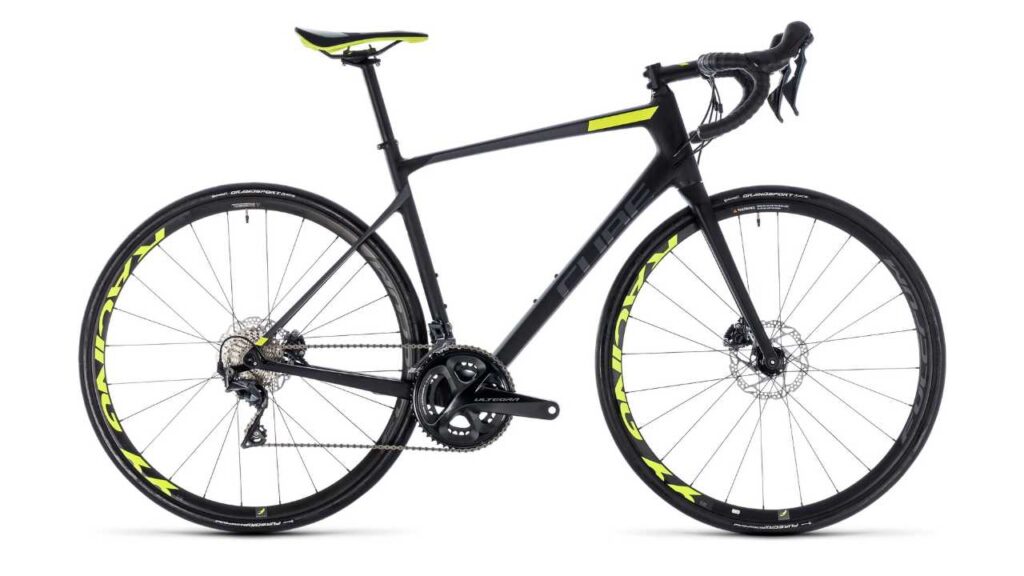
Q: With India being home to numerous bicycle manufacturing companies, do you view India more as a collaborator or a competitor in the global bicycle market?
A: We don’t view India as a competitor—our markets, capabilities, and objectives differ significantly. Portugal specializes in high-value, innovative products tailored for specific segments, not large-scale production. When it comes to volume manufacturing, India is the ideal solution.
Given our size—just 10 million people—we recognize that competition based on scale isn’t viable. Instead, we are focusing on collaboration. Our goal is to co-develop next-generation concepts that are rapidly gaining traction across Europe. Through this partnership, we aim to introduce advanced materials to the Indian market, such as aluminium and carbon fibre, which remain underutilized locally. Portugal brings the technical know-how and manufacturing expertise in these areas.
Conversely, India offers components that are not readily available in Portugal. This creates a natural synergy. By leveraging India’s scale and component availability alongside Portugal’s innovation and materials expertise, we can build a strong, complementary alliance. The path to success lies in combining our strengths—not competing, but collaborating.
Q: What materials are used in your bicycles to ensure durability and performance, particularly under the stress and strain of challenging road conditions like those in India?
A: The challenge doesn’t lie in the carbon itself, as it is both lightweight and remarkably strong, comparable to steel. The true challenge, however, is ensuring the right conditions for people to embrace cycling. Without a sense of safety, the bicycle cannot serve as a viable mode of transport. This is where our efforts in Europe come into play. We collaborate extensively with governments—both at the national level and with the European Commission—to create the necessary infrastructure and policies. Only when these conditions are met can the bicycle truly become a practical, everyday solution.
Q: How do you strike the right balance between quality and affordability when catering to price-sensitive markets like India?
A: For us, this presents a challenge. We don’t produce in large quantities. As a result, price is not our primary concern when dealing with small-scale production. However, we aim to develop more efficient processes to drive down costs.
That said, we are at different stages of development, which means this pricing issue will become more prominent as we progress. Nonetheless, it is a challenge we can address collaboratively. Working together will allow us to overcome it.
Q: What are the key features or unique selling points that make your bicycles particularly appealing to Indian consumers?
A: At ABIMOTA, we don’t sell products directly. Instead, our associates handle the sales. Our primary objective is to promote the bicycle industry and highlight Portugal’s ability to offer innovative solutions globally. This remains our core focus. The bicycle in question is a prototype crafted with Portuguese components. Its price, in its current form, ranges from 5,000 to 6,000 euros—a significant amount, particularly in markets like India. Weighing just 5.7 kilos, this bike is incredibly lightweight and highly durable. However, it’s designed specifically for high-end competition and is not intended for daily use.


